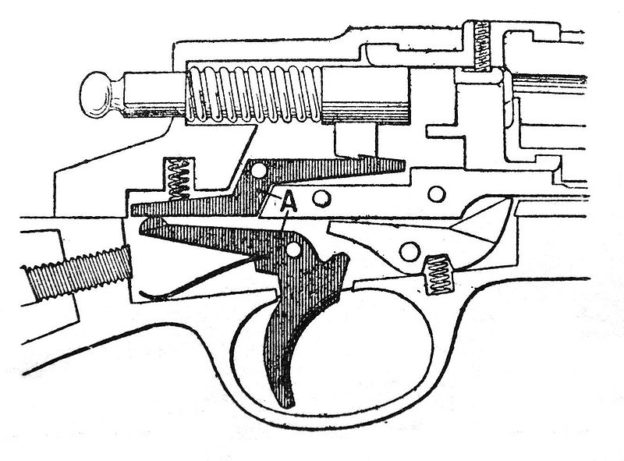For some people it’s the actual sight or smell of their drugs of choice (alcohol, marijuana, heroin), for others, it’s their family members or certain friends and/or acquaintances, maybe it’s a certain city, street or song; whatever it may be, all addicts have triggers. In fact, all humans have triggers. For addicts, however, our respective triggers have the potential to be fatal.
/ˈtriɡər/
-
1.a small device that releases a spring or catch and so sets off a mechanism, especially in order to fire a gun.“he pulled the trigger of the shotgun”
-
an event or circumstance that is the cause of a particular action, process, or situation.“the trigger for the strike was the closure of a mine”
-
The most important factor when it comes to triggers is the way with which we decide to react or respond to them. For addicts, these events or circumstances have the potential to arouse so much negative emotion within us that the action it may very well lead to is drinking and/or using. For some addicts and alcoholics once we have taken that action there is always the possibility that we may not come back from it alive. We could drink or use to point of overdose, suicide, fatal accident, or heart attack. Aside from the life of using being much less enjoyable than that of being sober, the fatality of triggers only amplifies the importance of, we who are in recovery or who would like to be, developing coping mechanisms for dealing with our triggers.
Just the other day a Pax House alumnus went to a Mexican restaurant in Pasadena, California for dinner with her boyfriend. While waiting in line to order she noticed an old work colleague from the organization from which she was fired from just a little more than a year ago. Her termination from that job was an event which caused her nine-month-long relapse on cocaine, Adderall, and methamphetamine. During that relapse, she was haunted by all the reasons why she may have been fired and all of the reasons why she felt it had been unfair to her. When she recognized the former colleague she once got along with very well she was at first excited, but subsequently realized that this was the first time she would see or speak to anyone from that organization since her termination. Somehow she was able to not let her fear and anxiety allow her to cower and avoid the former acquaintance and she decided to say hello. During their brief conversation, she had learned that her former boss had been saying things that were untrue about her and the way she lost her job.
Post-run-in, she sat there waiting for her food with her boyfriend trying to digest what she’d just heard and noticed for the first time in quite a while that tears were streaming down her cheeks. All of a sudden going back to her sober living and being alone in her room was all she could think of doing. Once alone in her car on her way home she wished that she could erase this knowledge of slander from her brain and a fleeting thought came: I wish I could at least smoke a joint right now.
That thought was followed up by thoughts of how impractical that would be for her and how she’d built a life in which smoking weed just didn’t fit, so she continued on home. Although she was able to make to her room she still felt like the most pathetic human being alive and once again teared up. Taking action, she decided to do something she remembered had helped her during her time as a patient at Pax House Recovery, writing a gratitude list. in doing so, she realized all of the wonderful growth that came from that experience and that if nothing else she had a comfortable bed to sleep in, food to eat, and relationships that meant the world to her. None of those things would have happened had the initial triggering event not happened and none would have remained had she reacted similarly to this particular triggering event.


